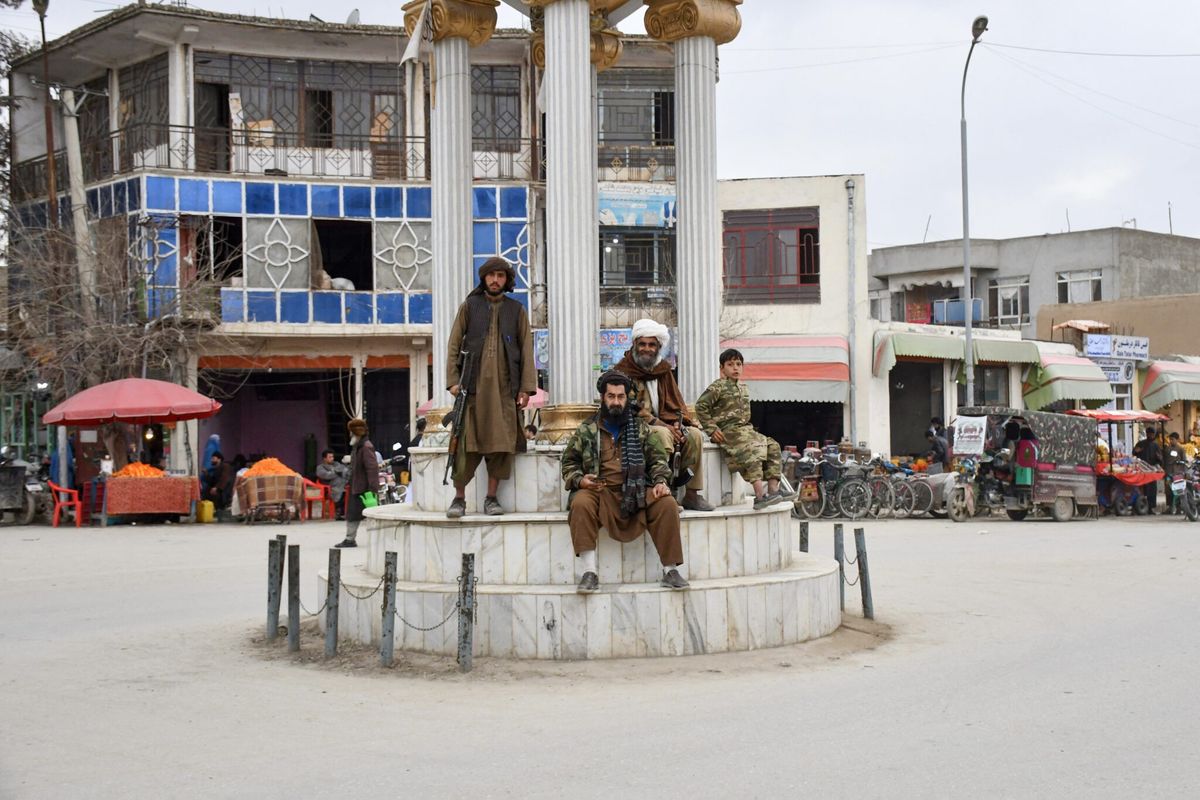During the 11 months of Afghan President Ashraf Ghani’s presidency, and despite the combination of a rapid Western pullout and an expanding Taliban insurgency, there had been, nonetheless, at least some small room for optimism. After all, until a few days ago, Ghani appeared to have established a genuine rapprochement with Islamabad; and it had seemed, at least fleetingly, that something like genuine talks might actually get underway between the Taliban and an elected Afghan government. But the optimists can go back to their seats: Old patterns are reasserting themselves in South-Central Asia.
Ashraf Ghani’s recent denunciations of Pakistan, made in the aftermath of a series of devastating Taliban attacks, could easily have been confused with those of his predecessor, Hamid Karzai, whose relations with Pakistan were famously poisonous. And no wonder: Ghani’s diplomatic efforts, never popular in Afghanistan, were now becoming politically untenable in the wake of the latest carnage. But more fundamentally, Ghani’s bitter words were those of a man whose opportunity to pursue peace talks – a primary reason for his outreach to Islamabad in the first place – was rapidly slipping away.
In the picture emerging from recent stunning developments within the Taliban hierarchy – the shocking acknowledgement that Taliban leader Mullah Omar has in fact been dead for two years, and the resultant public disarray exposed in the course of selecting a new leadership – there remains more shadow than light. But the rare, open expressions of dissention among Taliban leaders and the abrupt postponement of future talks strongly suggests what many had suspected all along – that there is scant sentiment among the Taliban rank and file in favor of negotiation, and no common conception among its leaders as to what the goal of such talks should be.
A close reading of newly-selected leader Mullah Akhtar Mansur’s Delphic words suggests that he is open to the idea of a future Afghan government which adheres to Taliban policies, rather than direct Taliban rule. To those opposed to the Taliban, that would seem a distinction with little difference. Mansur could not have launched or sustained talks without the illusion of Omar’s support. Now he must rely on consensus; and there is no consensus for compromise while battlefield successes mount. As the Western abandonment continues apace, politics in Afghanistan will have to find its own natural level. And that means more fighting.
For an Afghan government and public exhausted by war, there is a natural tendency to see in Pakistan the cause of, and thus the potential delivery from current agonies. Pakistan, for its part, actually recognizes its common strategic interest with Kabul. There is little illusion in Islamabad regarding the fact that a Taliban victory in Afghanistan would secure a safe haven for Pakistani militants, and thus constitute an enormous strategic setback. But while that may motivate Pakistan to try to facilitate a negotiated solution, it does not move them to try to force the Taliban to the negotiating table, and still less to try to end the Pakistani safe haven enjoyed by their leadership. It took the Pakistanis years to work up the courage to send the Army into North Waziristan against even domestic extremists who just days ago claimed the Home Minister of Punjab as but the latest of their thousands of victims. Pakistan’s generals are not about to gratuitously incite the Afghan Taliban to make common cause with their enemies – and certainly not for a Kabul government incapable of effectively confronting the Taliban on its own side of the border.
Meanwhile, impatience in Kabul is finding its echo in Washington, where Pakistan’s exquisitely calibrated political calculus looks like duplicity, and where the Obama administration threatens to withhold some $300 million in military assistance in deference to Congressional demands for increased Pakistani military pressure on the so-called Haqqani network — whose leader Siraj Haqqani, it should be noted, is now deputy leader of the Taliban, whom the Pakistanis are expected to deliver to the peace table.
With open-ended civil war in Afghanistan, the prospect of renewed safe haven to international terrorists, rampant militancy in Pakistan, and deepening mutual distrust and frustration between Washington and Islamabad, old patterns are definitely reasserting themselves. They will not change any time soon.













